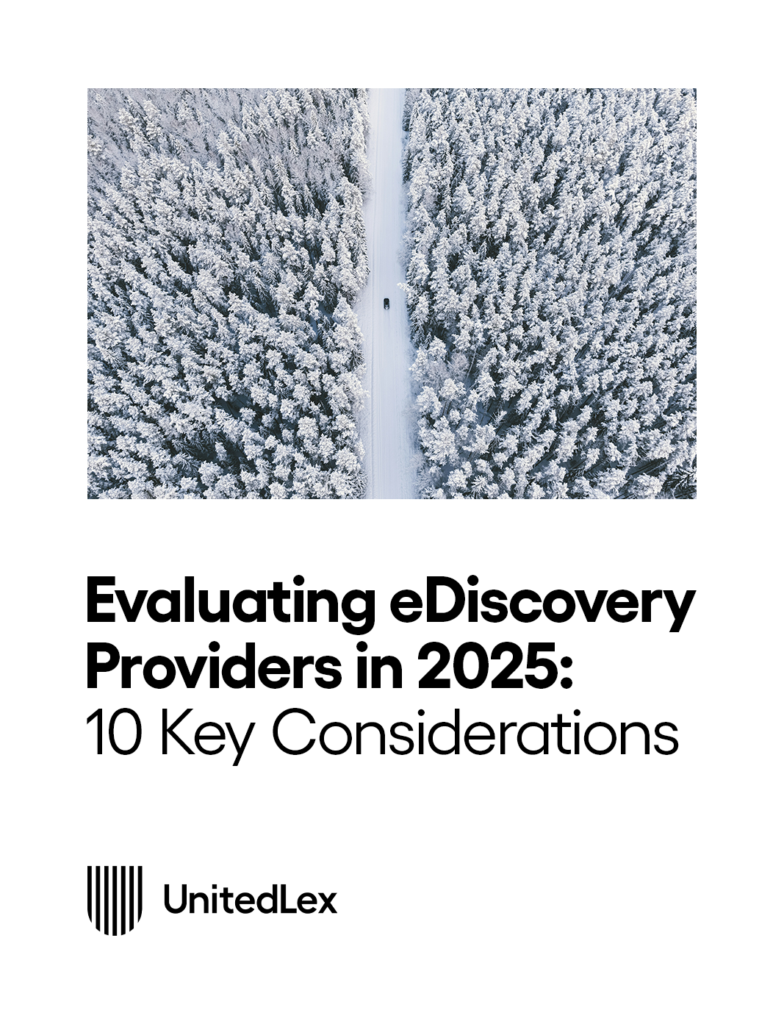Whether your litigation practice is based in a law firm or a corporate legal department, one common characteristic is likely pervasive in your work as we head into 2025: change.
Priorities shift. And whether it’s budgetary constraints, needing specific expertise, your litigation needs becoming more complex and diverse, or other shifts, oftentimes, these changes are the precursors to re-evaluating your eDiscovery provider.
Access this timely checklist now for detailed guidance to maximize cost savings, efficiencies and avoid time-draining missteps with tips covering:
- Cost transparency and predictability – Clear and easy-to-understand pricing structures minimize the risk of unexpected fees, detailed and mutually agreed upon triggers for added charges to avoid budget surprises.
- Migration expertise – A dedicated team with experience handling migrations of various complexities and a history of successful migrations, with details including the number of matters, case complexity, and data volume handled.
- Global operational excellence – Engage providers with 24/7 availability to accommodate various time zones and urgent needs.
- Robust security measures – Look for providers with relevant certifications like ISO 27001:2013, SOC 1 & 2 Type 2 compliance, and GDPR adherence.













